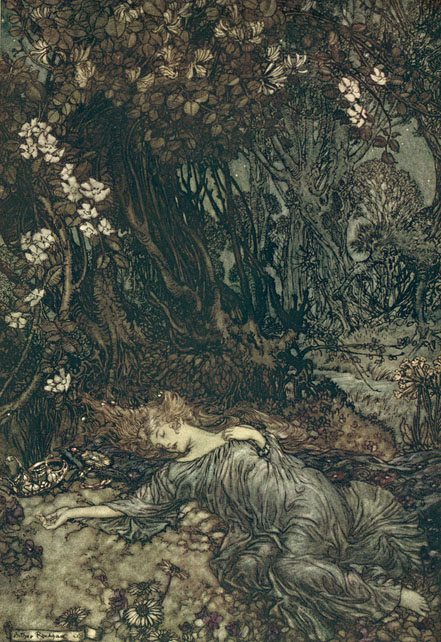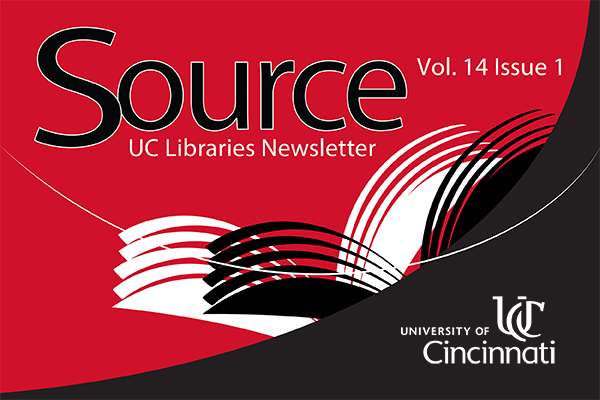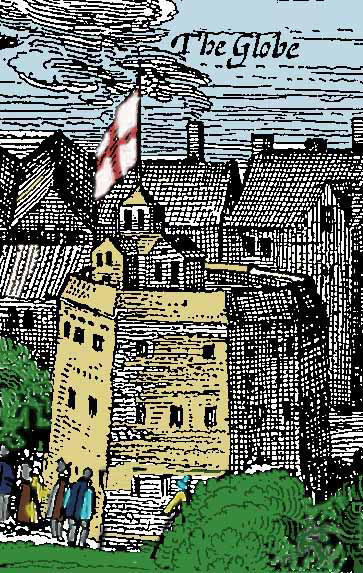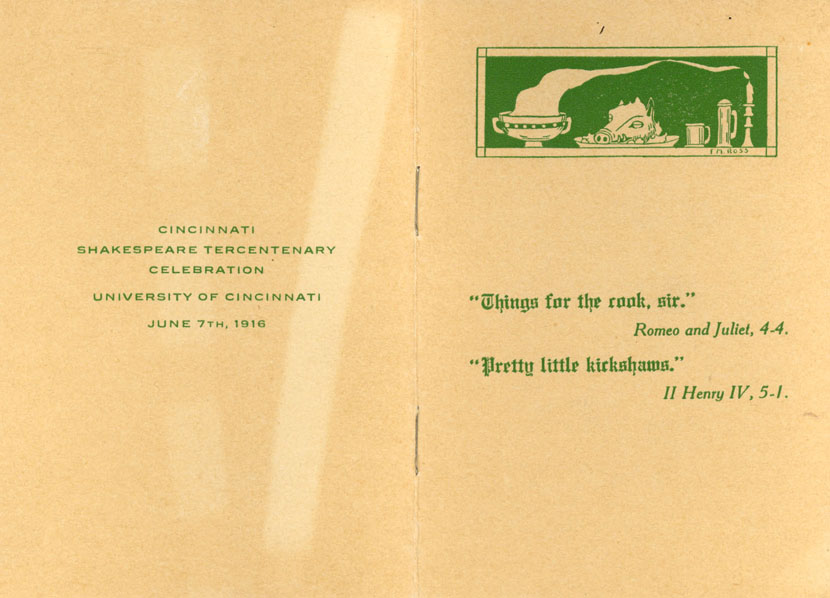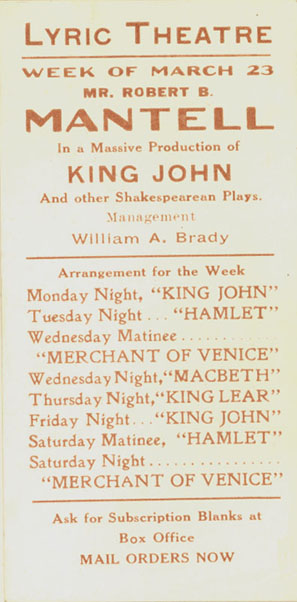By: Sydney Vollmer, ARB Intern
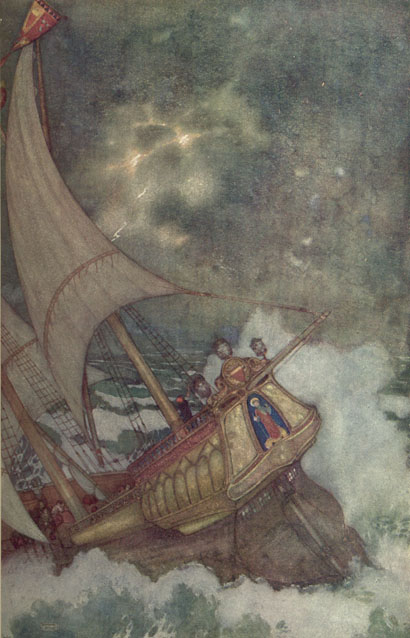 Not too long ago, I posted a blog focused on Arthur Rackham and his illustrations. It’s time for Part 2, this time featuring Rackham’s most worthy competition, Edmund Dulac.
Not too long ago, I posted a blog focused on Arthur Rackham and his illustrations. It’s time for Part 2, this time featuring Rackham’s most worthy competition, Edmund Dulac.
A year ago, when I was asked what I thought about Edmund Dulac’s artistic style, I said, “I think his illustrations are a little darker and less whimsical than the others [Arthur Rackham and Hugh Thomson]”. However, my tastes must have changed over time. Looking through Dulac’s illustrations in Shakespeare’s The Tempest, I find myself in love with his use of color and the way he blends it so beautifully. It’s interesting to see the different styles, as well as the histories which led each artist to his renown. Continue reading

